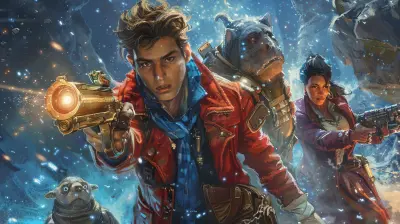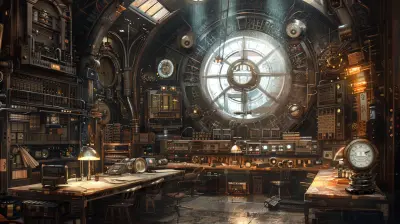Why Cheat Codes Felt Like Treasure Maps
5 October 2025
Let’s time travel for a second — back to the good old days of pixelated adventures, clunky controllers, and glowing CRT TVs. You remember it, right? You’d be stuck on some impossible level, low on health, surrounded by enemies, and then… BAM! You entered a random sequence of buttons or typed in some weird code, and suddenly, infinite lives or invincibility! Admit it — cheat codes were pure magic.
But did you ever wonder why cheat codes felt so special? Why they gave such a rush — almost like stumbling onto buried treasure? That’s because, in many ways, they were treasure maps for gamers. Let’s break it down.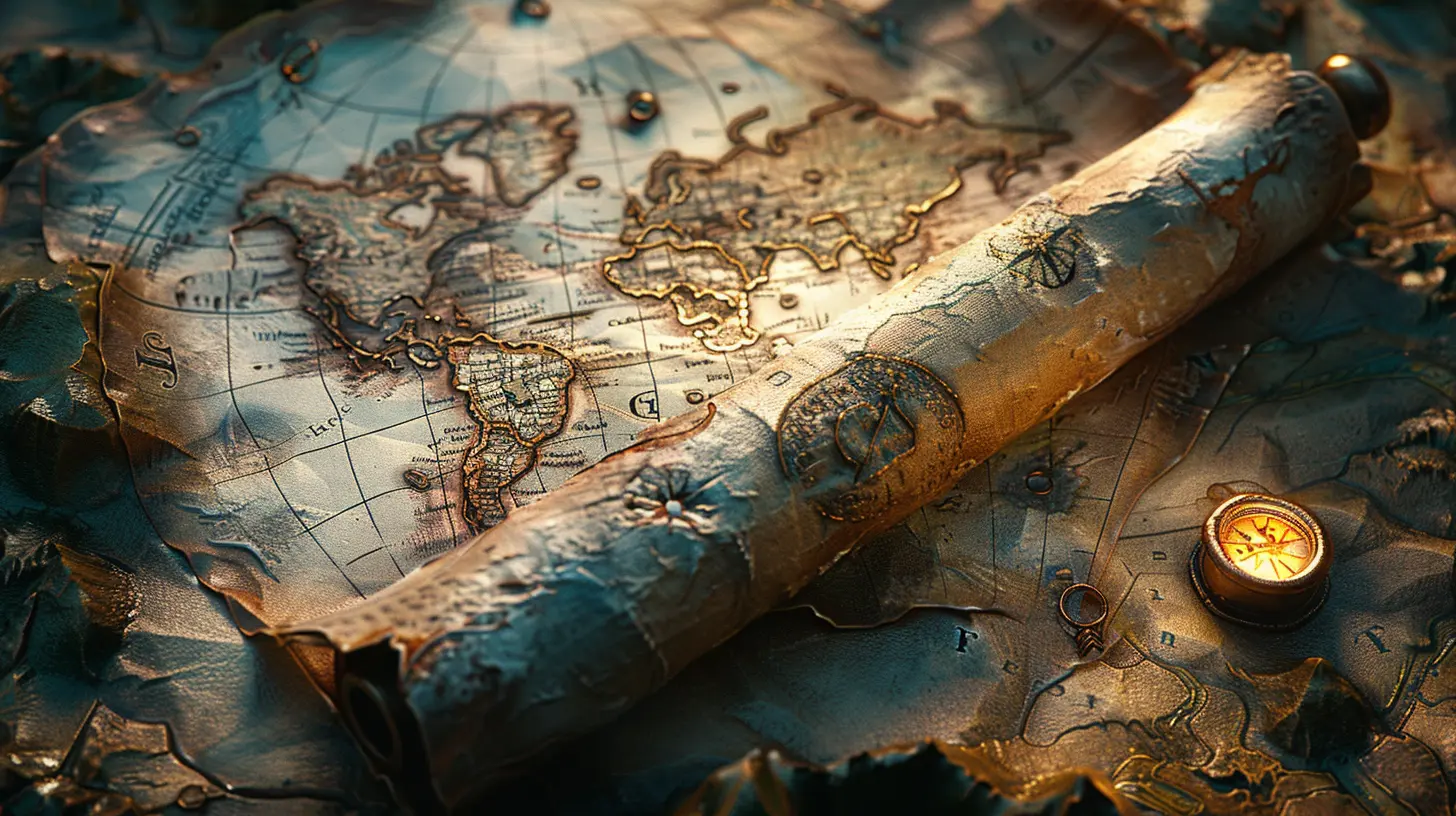
The Golden Era of Cheat Codes
Before the days of auto-saves, DLCs, and pay-to-win mechanics, cheat codes ruled. You didn’t just stumble upon them — you either heard them from a friend, read them in a gaming magazine, or discovered them by sheer accident (which was rare, trust me).Remember how exhilarating it was when your cousin told you the Konami Code? (Up, Up, Down, Down, Left, Right, Left, Right, B, A, Start — come on, it's burned into our brains!) It was like they handed you the keys to a hidden kingdom. These weren’t just shortcuts; they were secret paths known only to the chosen few.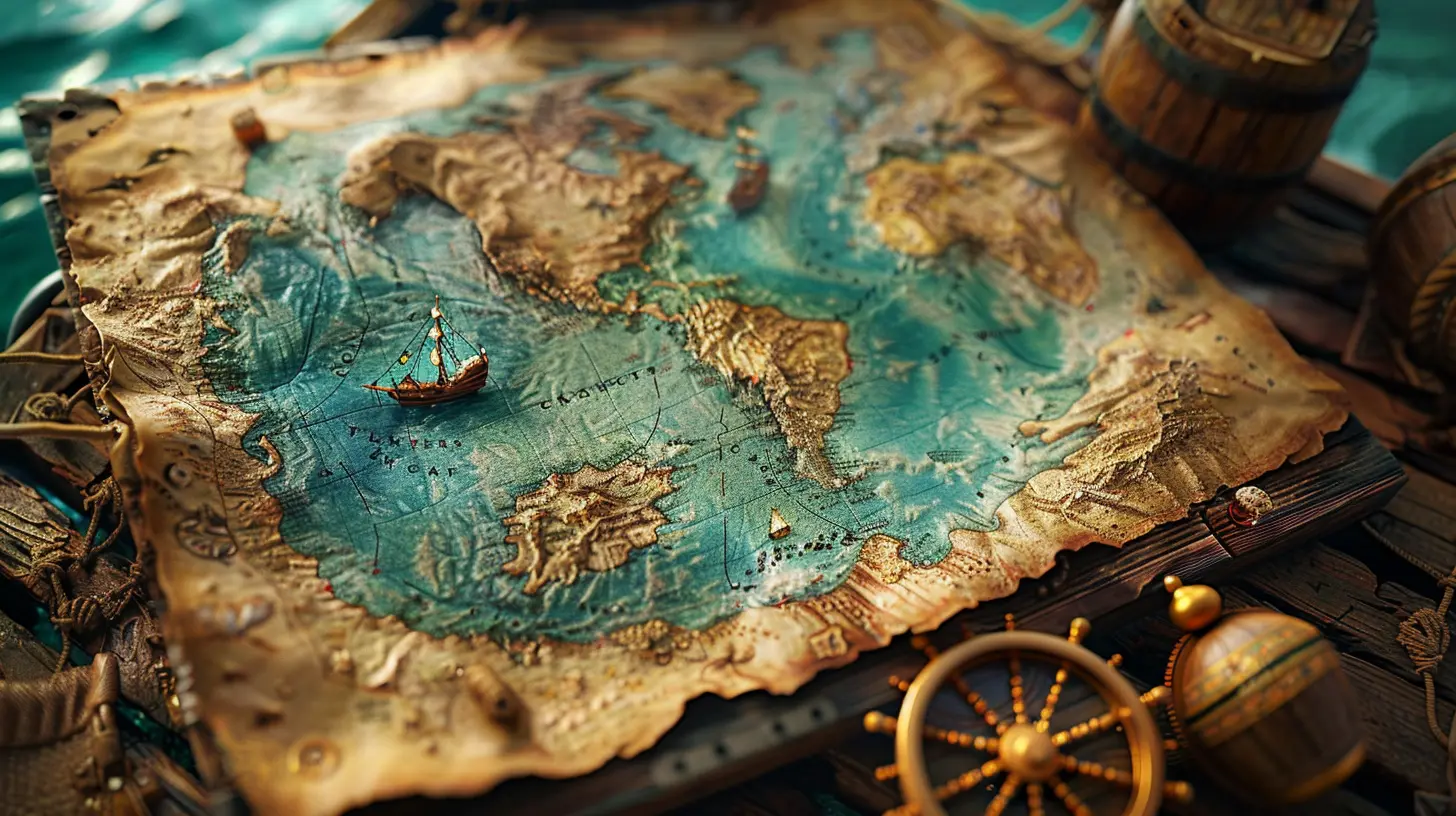
Codes Weren’t Just Cheats — They Were Hidden Knowledge
Let’s be real for a second. There’s a reason they were called “cheat” codes — they gave you an edge. But gamers didn’t see them as just ways to bend the rules. They felt more like unlocking secrets the developers left behind, intentionally or not.You're not ruining the game… you're discovering its hidden soul.
Just like ancient pirates left cryptic clues to their treasure, developers tucked away these codes — sometimes for testing purposes, sometimes just for fun. And finding them felt like being in on a big secret. You felt clever. Special. Like a digital explorer uncovering ruins of a forgotten civilization.
The Hunt Was Half the Fun
There was no Google back then (or at least, it wasn’t what it is now). No Reddit threads, no YouTube tutorials. If someone knew a cheat for Mortal Kombat or Tony Hawk’s Pro Skater, you listened. You didn’t question it. You copied it down on a sticky note or your school notebook like it was sacred scripture.And when it actually worked? Pure adrenaline. Your screen blinked, something changed, and suddenly you had all characters unlocked, a god-tier weapon, or unlimited ammo. It was a moment of validation. Like making sense of an old, dusty map and finding a chest full of gold at the "X."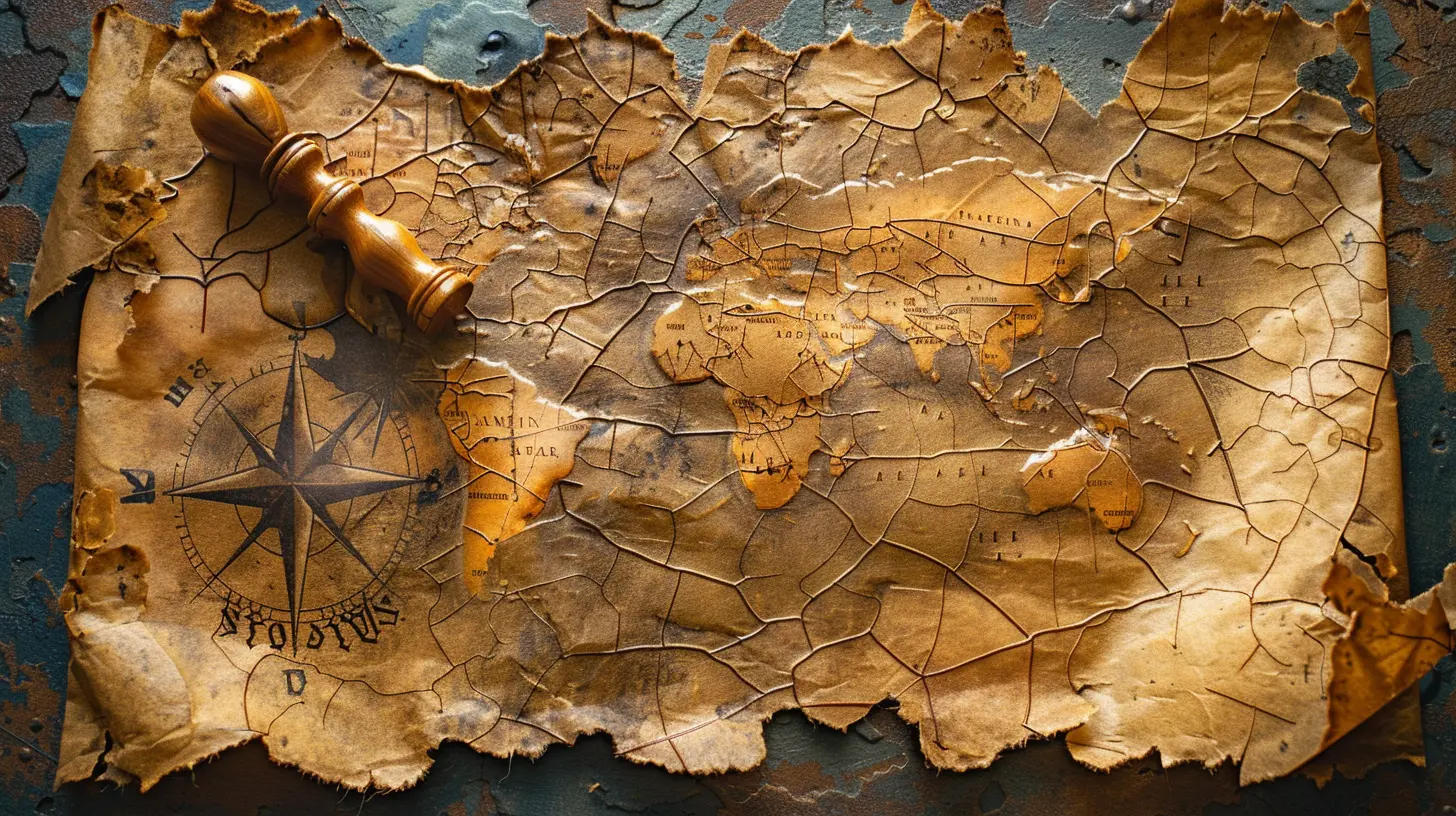
Magazines Were the Pirate Scrolls
Gaming magazines were a huge part of cheat code culture. Stuff like GamePro, EGM, and Nintendo Power were basically treasure maps printed on glossy paper.Every month, gamers would camp out at the magazine rack, flipping through pages hoping to find that one code that would help beat the boss that had been stomping their digital face for weeks.
If you tore out a page or photocopied the cheats section and brought it to school, you were a legend. It was like passing around a legendary map to Eldorado that actually worked.
Secret Menus Felt Like Secret Doors
You’d find some combo that unlocked a debug menu or a secret developer room, and boom — you were in a part of the game no one else had ever seen. That wasn’t just cool. That was mystical.Games like Sonic, Doom, and Grand Theft Auto were packed with these Easter eggs. Entire menus popping up after a button mash, or hidden areas that made zero sense being there (but existed anyway), gave off this mysterious vibe. Like you weren’t just playing a game anymore — you were peeling back its layers and stepping into the unknown.
Cheat Codes Gave You Power (and Freedom)
Let’s not ignore the obvious benefit: cheat codes made you a digital god. Infinite health, invulnerability, flying cars, walking through walls — all the things you couldn’t do in real life, you could do with a few buttons.And for many of us, that kind of control was empowering. Especially in games that were punishing or unfair (looking at you, Battletoads…), cheat codes gave us freedom. You could play the game on your terms. You could experiment, goof around, and try out stuff just for the heck of it.
It wasn’t just about finishing the game — it was about playing with it like a toy box, unrestricted by rules.
The Mystery Made It Memorable
Think about it. Why do we still remember those old cheat codes decades later? Why do we still remember big head mode in GoldenEye 007, or how to get the tank in Vice City?Because cheat codes weren’t always obvious or easy to trigger. They were elusive, mysterious, and sometimes totally random. That mystery made them memorable.
There’s something about discovering a well-kept secret that hits different. It creates a bond — between you and the game, or even between you and your friends who shared that secret. It made the digital world feel bigger, deeper, and more alive.
Cheat Codes Encouraged Experimentation
When you knew a game had cheat codes, what did you do? You tried every possible input. You pressed buttons in weird combos. You walked up to every wall and tried to slide through it. You hit pause + up + B + Select + whatever because maybe something would happen.And that mindset — that curiosity — was gold.
It made gaming feel like more than just following instructions. Suddenly, you became an adventurer, poking the edges of the world to see what broke. Cheat codes turned players into codebreakers, explorers, and testers in their own right.
Modern Games Lost That Magic
Okay, let’s fast forward to today. Most cheat codes are gone. Replaced by DLCs, microtransactions, and paywalls. Want a cool skin or powerful weapon? Open your wallet.That magical feeling of discovering a cheat code on your own? Almost extinct.
Sure, there are mods and console commands, but they don’t feel the same. They’re not hidden. They’re not mysterious. They’re not whispered between friends or scribbled in the corners of homework notebooks.
That’s why so many of us feel nostalgic for those old-school codes. Because they weren’t just about cheating. They were memories, secrets, and shared experiences.
When Games Felt Like Secret Worlds
Every cheat code was a hint that the game held more than it let on. That maybe — just maybe — there were secrets still left to find.Cheat codes hinted at an invisible world behind the one you could see. They made games feel like living things, full of quirks and surprises. You weren’t just playing a level; you were exploring a vast digital jungle full of hidden paths and legendary loot.
Just like treasure maps promised gold at the end of a riddle, cheat codes promised surprises if you were clever—or lucky—enough to find them.
The Spirit Lives On
Even though modern games ditched traditional cheat codes, the spirit lives on.Easter eggs, secret rooms, hidden collectibles, cryptic messages — they’re all spiritual successors of those old cheat days. And when a game hides something for years before someone stumbles on it? Man, that’s gaming gold.
And let’s be honest, there’s something in all of us that still lives for that moment. That hidden clue. That feeling that we cracked a secret no one else did.
Final Thoughts
Cheat codes weren’t just tools — they were discoveries. They were mysteries wrapped in button combinations and cryptic phrases. They reminded us that the world of a game was bigger than the screen showed us. That if we dared look deeper — we might just stumble across something magical.That’s why cheat codes felt like treasure maps. They turned games into adventures within adventures. And even if the map didn’t always lead to gold, the thrill of the hunt was priceless.
So here’s to those ancient codes, scribbled in the margins of school notebooks, whispered in gaming arcades, and passed down like digital folklore. You made gaming feel like magic.
all images in this post were generated using AI tools
Category:
Gaming NostalgiaAuthor:

Tayla Warner
Discussion
rate this article
1 comments
Maren Wyatt
Cheat codes transformed gaming into an exhilarating treasure hunt, empowering players to unlock hidden realms and secrets. They fostered creativity and exploration, making every game feel like an adventure waiting to be uncovered. Let’s celebrate the thrill of discovery they provided!
October 8, 2025 at 4:28 AM

Tayla Warner
Absolutely! Cheat codes truly enrich the gaming experience, turning each game into a thrilling adventure filled with hidden treasures and secrets waiting to be discovered. They spark creativity and exploration, making every playthrough unique!
